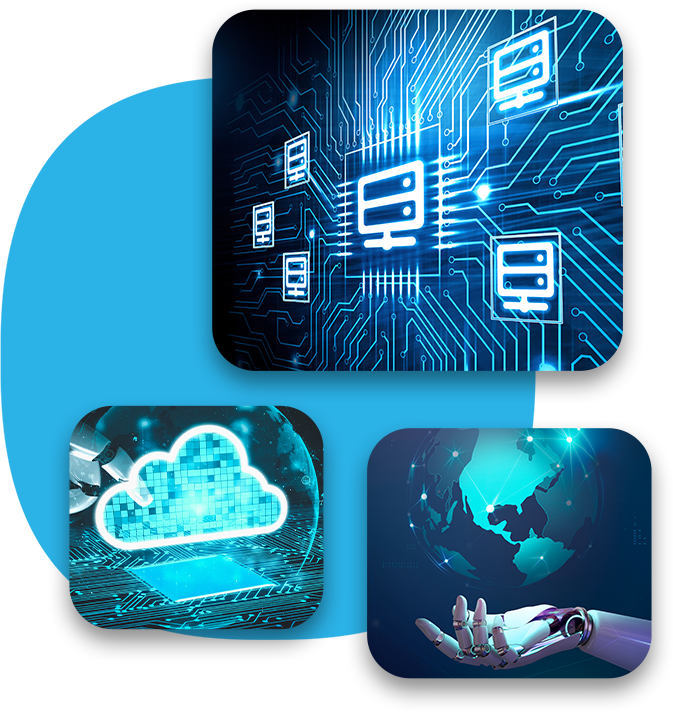- October 20, 2022
- Posted by: admin
- Category: Uncategorized


Digitization is one of the main concerns of the public administration and Artificial Intelligence (AI) has become a key enabling technology in public services.
Modern analytics that include automation and autonomy are enabling government agencies to better leverage data for internal process optimization of different services as well as for law enforcement and surveillance by authorities.
Personalized services, maintenance, forecasting, and policy-making come next in terms of AI use. These various services mostly make use of robotics, speech/text recognition, and picture recognition. Additionally, "stand-alone " machine learning methods are frequently used.
This requires precious time and resources and the advent of a crisis like COVID-19 pushed public agencies to consider how to reduce
complexity and the time it takes to deploy scalable systems required to effectively manage and service citizens when they need it the most and/or acquire the expertise to move rapidly form prototype to implementation. Covid-19 has thus been an accelerator of AI application in the public sector. Many countries created dedicated apps that capture data related to human behavior, forecast pandemic spread, and use it as a means to inform and regulate citizens, even assigning patients to beds and enhancing the diagnosis process. In collaboration with research institutes and oversight bodies,
such applications have often been developed in transparency as the public sector is to lead the way in creating trustworthy AI using regulatory sandboxing and pre-procurement.
The degree of automation in decisions or services is one indicator of human-centeredness.
There are many levels and types of Decision automation in public processes, as depicted in the
figure below:
The development and delivery of AI solutions for public services relies heavily on the private sector to provide relevant infrastructure and front-end services. While some government organizations create their own AI solutions, the majority do not. The figure below shows
common AI applications in public services:
Public institutions may certainly benefit from time savings through more and improved digital services and an increase of predictive services which may lead to a better allocation of public resources. There are many relevant AI use cases which, based on pattern recognition of combined datasets, help to classify, or predict fraudulent behavior. This may include people attempting to file for unemployment in different places with slightly different names or a selection and prioritization of cases for public administrators, which helps optimize internal workflows through more accurate predictions and guide caseworkers to more targeted preemptive interventions.

Public institutions may also enhance access and provisioning of services by using bot-based support in its web portals or digital applications that connect government with its constituents.
They can also fasten and personalize its services using service robots to either provide social care, assist in directing customers to the appropriate counter, or in obtaining automated prescriptions.
Basic front-end public services such as requesting an appointment to renew the National ID card, registering a vehicle, paying taxes, fees, traffic fines, etc. can now be done electronically.
This being said, the implementation of digital tools and processes varies depending on the type of an entity. A State entity is not the same as an autonomous or local entity.
Considering Government IT personnel who are familiar with traditional data warehouses and legacy systems are retiring, public agencies can liberate themselves from manual setup, management, and upkeep-required traditional database maintenance tasks thanks to a modern cloud architecture.
OREDATA data engineers and data scientists can help modernize the IT infrastructure and bring
Big Data/Aİ benefits to the public sector for:
• Efficiency gains and internal process optimisation
• Reduction of human error & fraud, both internally and in services to businesses and citizens.
• Fasten and deliver personalized, more accessible and inclusive services
• Provide insights and accurate predictions for anticipatory governance and policy
how can we help you?
We are happy to answer any questions you have or provide you with an estimate. Just send us a message to us.
